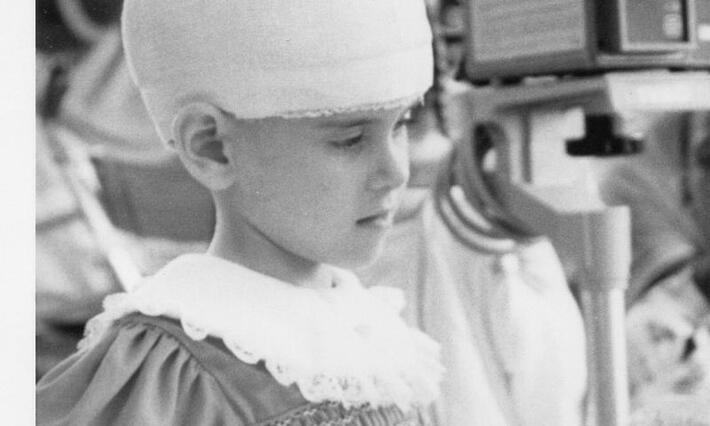
Yan Receives International Prize for Translational Neuroscience
Published
Written By

Carol Harbers
Department of Neurosurgery
Related News
Durham Magazine

Duke University School of Medicine
Related News
Durham Magazine

Duke University School of Medicine
